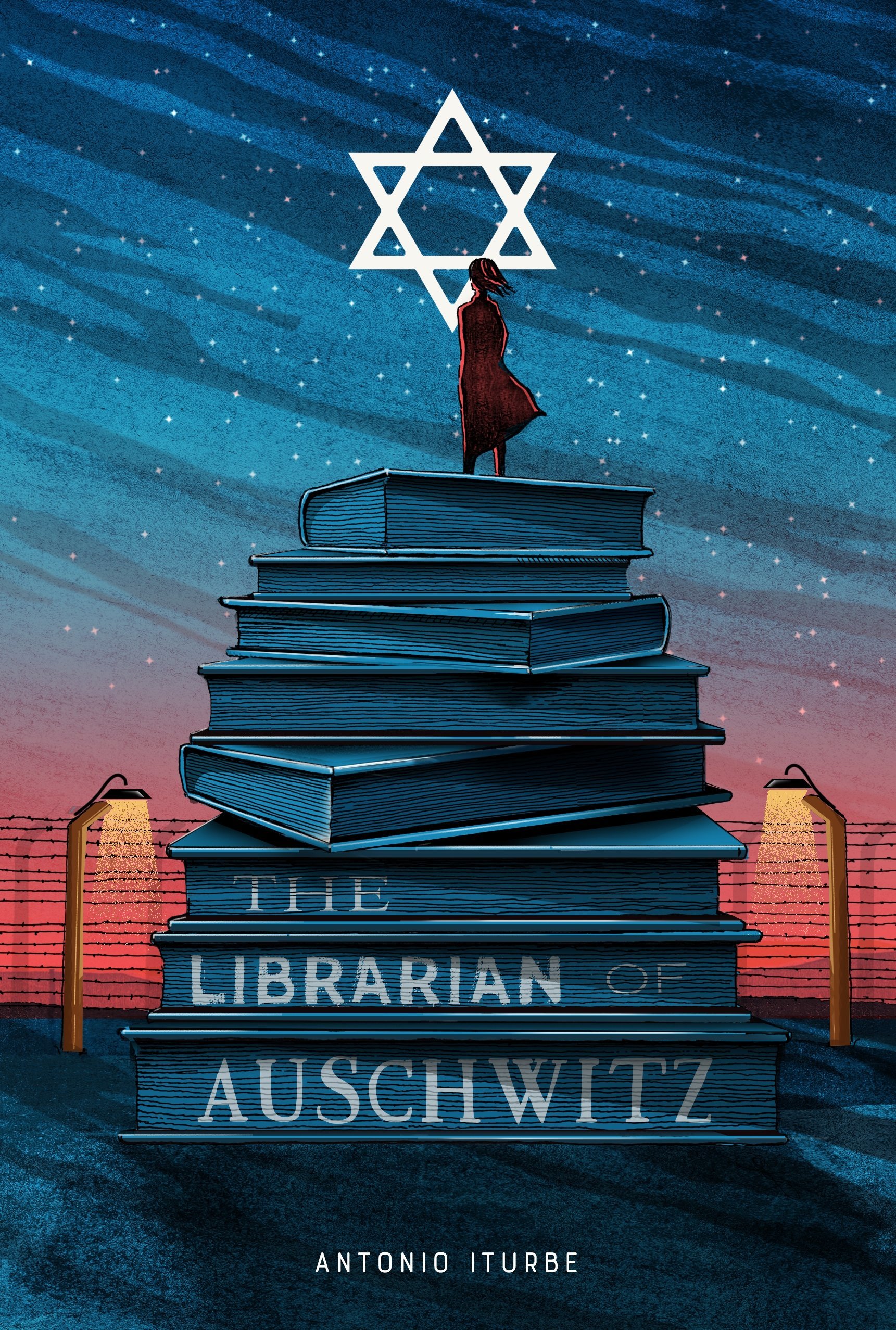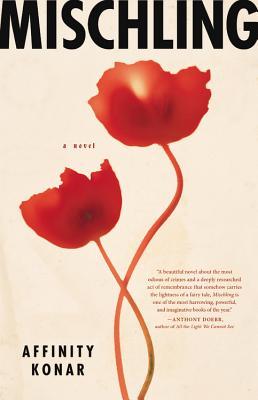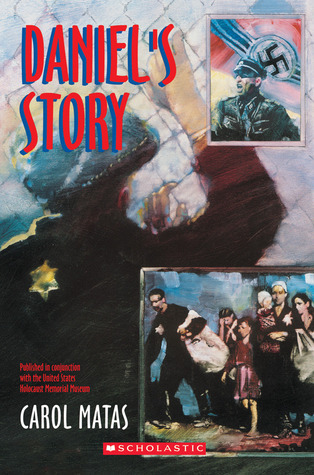
The Librarian of Auschwitz
Book Description
Amid the shadows of Auschwitz, where despair looms over every corner, one young girl finds a flicker of hope through the power of books. As the librarian of a secret library, Dita sacrifices everything to protect the stories that ignite courage and resilience among fellow prisoners. Each whispered tale becomes a silent act of defiance against the brutality surrounding them. Friendships blossom, fears intensify, and the stakes grow higher with each page turned. Can the love of literature truly withstand the darkness of oppression? What will be the cost of keeping the flame of knowledge alive?
Quick Book Summary
"The Librarian of Auschwitz" by Antonio Iturbe is a moving historical novel based on the true story of Dita Kraus, a young Jewish girl who becomes the caretaker of a secret library in Auschwitz-Birkenau. Amidst unimaginable cruelty and deprivation, Dita and her fellow prisoners use forbidden books as a lifeline for hope and resistance. She risks her life to safeguard eight battered books, bravely ensuring they are shared among a furtive group of children in the camp’s “family block.” The tale not only highlights the resilience and courage of Dita but also underscores the power of stories to nurture the human spirit in even the darkest times. Through friendship, sacrifice, and defiant optimism, Dita’s story pays tribute to the enduring impact of knowledge and the profound ways literature can resist oppression.
Summary of Key Ideas
Table of Contents
Courage and Resistance in the Face of Oppression
Dita Kraus arrives at Auschwitz-Birkenau with her parents, enduring the constant threat of death under Nazi rule. Life in the concentration camp is brutal, with Dita facing hunger, fear, and the ever-present possibility of being discovered by the guards for even minor transgressions. Despite these terrors, Dita finds herself entrusted by Fredy Hirsch, a respected prisoner leader, with a secret: the custody of eight precious books hidden in the camp’s “family block.” This assignment gives her a purpose and the drive to survive amidst the unimaginable horrors surrounding her.
The Transformative Power of Books and Knowledge
Within this clandestine library, Dita becomes a beacon among the other children and educators in Block 31. The library, though meager in its physicalities, offers mental refuge, education, and hope. Books forbidden by the Nazis—ranging from an atlas to a Russian grammar—become invaluable treasures. Readers and listeners absorb their stories as lifelines to the world beyond the barbed wire. Here, the camaraderie of children and adults grows, united by a shared commitment to protect the small spark of knowledge that remains to them amidst vast darkness.
Friendship and Community Amidst Suffering
The narrative delves into the personal sacrifices Dita must make to protect the books. Every day she takes grave risks to keep them hidden and intact—even as punishments for such defiance grow harsher. Dita witnesses the loss of friends and must navigate the constant perils of betrayal and exposure. Despite her fear, she remains steadfast, sacrificing her safety for the intangible rewards that reading and teaching provide to the block’s children. Her resolve inspires those around her to endure and resist in their own ways.
Sacrifice and Personal Risk for the Greater Good
Amid despair, relationships prove vital to Dita’s survival. Friendships with other prisoners, her sense of responsibility to the children, and encouragement from Fredy Hirsch and others anchor her to life. These bonds balance the omnipresent sorrow and death, showing how human connection’s strength persists even in the most dire circumstances. Through these interactions, the story explores compassion, resilience, and the complex decisions required when facing overwhelming adversity.
Hope and Humanity in Desperate Times
Ultimately, "The Librarian of Auschwitz" demonstrates how literature and learning can nurture hope and sustain humanity even within the bleakest conditions. Dita’s unwavering commitment to the library stands as an act of defiance against the attempt to erase identity and culture. Through small but meaningful acts, she keeps alive both the minds and hearts of those suffering alongside her, illustrating the enduring capacity for hope, resistance, and dignity in the face of profound evil.
Download This Summary
Get a free PDF of this summary instantly — no email required.





